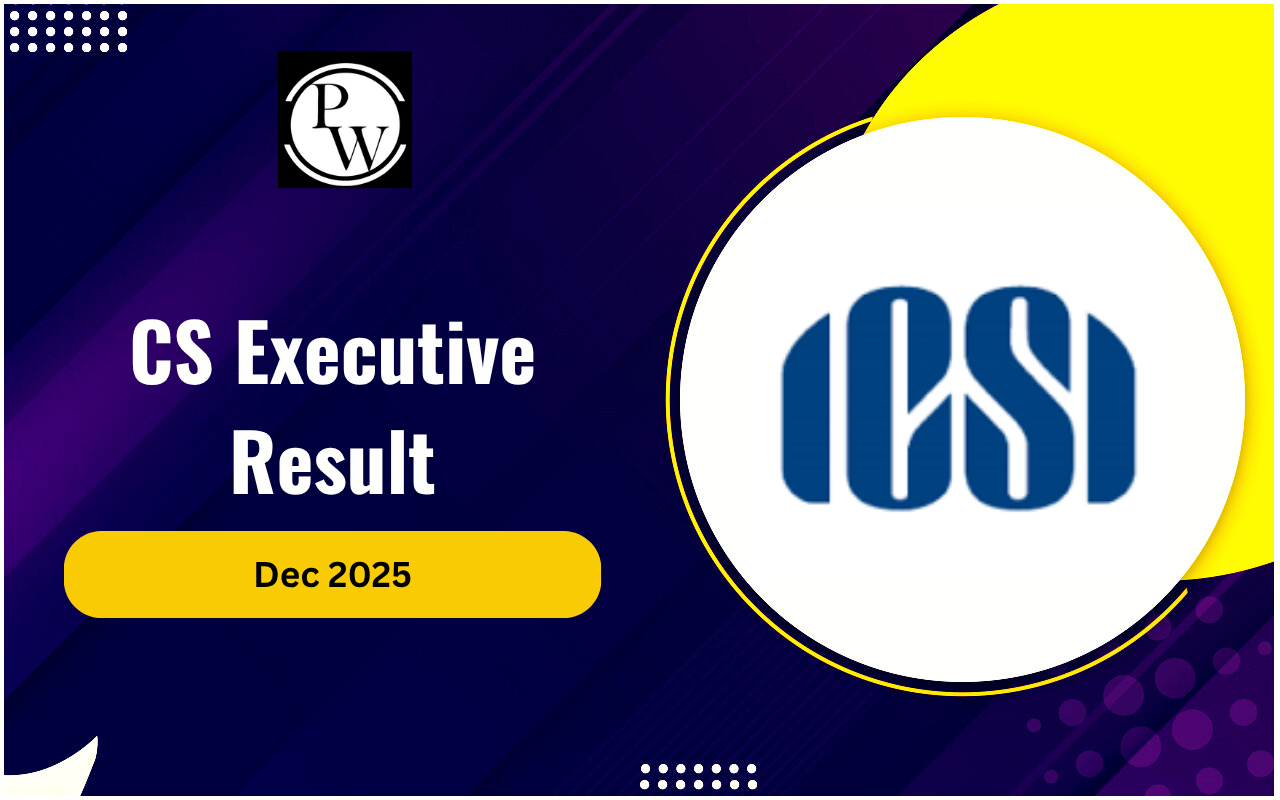
The Goods and Services Tax (GST), implemented on July 1, 2017, introduced a unified tax system across India. At the core of GST lies the concept of “supply,” which determines when goods or services become taxable.
Supply covers activities like selling, transferring, exchanging, leasing, or even importing goods and services. However, not all supplies are taxable under GST. Some goods and services qualify for exemptions or are taxed at a zero rate, meaning no GST is applied. Understanding the scope of supply under GST helps businesses and individuals navigate these rules effectively.What is Supply Under GST?
In GST, "supply" refers to the exchange of goods or services for consideration in the course of business activities. It includes transactions such as sales, transfers, rentals, leases, barters, and disposals. Certain non-monetary exchanges, like branch transfers between states or transactions with related parties, also qualify as supply. Activities conducted without consideration, such as gifts above a specified value or supplies between related entities, may also fall under the scope of supply in GST. To qualify, the transaction must be carried out by a taxable person who is either registered or required to register under GST laws. Supplies are classified into different types, such as composite, mixed, exempt, zero-rated, intra-state, and inter-state, each having specific tax implications. This structured approach helps businesses determine their GST liabilities accurately and ensures smooth compliance with the tax system.Scope of Supply Under GST
The scope of supply under GST includes various elements that determine whether an activity is taxable. Below are the key criteria with examples to explain each:Supply of Goods and Services
When a transaction results in the transfer of ownership of goods, it is classified as a supply of goods. For example, purchasing a book from a bookstore transfers the ownership of the book from the store to you as the buyer. On the other hand, when only the right to use goods is granted without transferring ownership, it is treated as a supply of service. For instance, renting a camera for a weekend gives you the right to use it, but the ownership remains with the rental company.Consideration
Supply generally requires consideration, whether in cash or kind. Certain exceptions apply, such as transactions between related parties or permanent disposal of business assets. Example : If a parent company supplies goods to a subsidiary without payment, it is still treated as supply under GST.Furtherance of Business
GST applies only to activities conducted for business purposes. Personal transactions are excluded unless tied to imports. Example : A company purchasing machinery for operations is subject to GST, while selling personal items is not.Taxability
Under GST, supplies are classified as taxable or tax-exempt. Taxable supplies are those subject to GST, such as the sale of a laptop or furniture. Tax-exempt supplies include goods and services like fresh fruits, unprocessed grains, or educational services, which are excluded from GST as per the Act's provisions.Taxable Territory
GST applies only to transactions within India's taxable jurisdiction. Whether it is intrastate or interstate depends on the supplier and recipient's location. Example : Goods supplied from Delhi to Mumbai are interstate, while goods supplied within Delhi are intrastate.Three Components of Supply Under GST
Under GST, supply is determined by three key factors: place , value , and time . These components are essential for calculating the tax owed on a transaction. Place of Supply This determines where the supply occurs, which impacts the type of GST applied:- Intra-state supply : Both supplier and buyer are in the same state, so CGST and SGST apply.
- Inter-state supply : Supplier and buyer are in different states, so IGST applies.
Types of Supply Under GST
The GST framework categorizes supplies into several types based on their nature, applicability, and conditions. Below is a brief overview of the key types of supplies under GST:Composite Supply
Composite supply refers to two or more goods or services that are naturally bundled together and supplied as a single transaction. These are goods or services that are typically offered together in the ordinary course of business. The tax rate is determined based on the principal supply, which is the main component of the bundle. Example : A logistics company supplying goods along with transportation and insurance services. Since the supply of goods is the primary component, the entire transaction is taxed at the rate applicable to the goods.Mixed Supply
Mixed supply involves two or more goods or services supplied together for a single price but are not naturally bundled. Each component can exist independently, and the entire supply is taxed at the rate applicable to the highest-taxed item in the bundle. Example : A festival hamper containing chocolates, cakes, and soft drinks sold as a package. Since these items are not naturally bundled, the tax is charged at the highest applicable rate among the items.Exempt Supply
Exempt supplies refer to goods or services that are entirely exempt from GST or attract a nil tax rate as per the GST Act. No GST is charged on these supplies, but businesses supplying these goods or services cannot claim input tax credit on their purchases. Example : Healthcare services provided by hospitals or the supply of unprocessed agricultural products like fresh vegetables and fruits are GST exempt.Zero-Rated Supply
Zero-rated supplies are tax-free supplies under GST, where the supplier can still claim input tax credit for taxes paid on inputs. This type of supply is crucial for exports and supplies made to Special Economic Zones (SEZs). Example : Goods exported to a buyer in another country or goods supplied to an SEZ developer are zero-rated. No GST is charged on these transactions, but the supplier can claim tax credits for any GST paid on inputs.Continuous Supply
Continuous supply applies to goods or services provided on a recurring or ongoing basis under a contract, with periodic invoicing or payment obligations. The GST liability arises at intervals as defined in the contract. Example : Electricity bills issued monthly by a power company or internet services billed quarterly fall under continuous supply, where GST is calculated and paid regularly.Intra-State Supply
Intra-state supply occurs when the supplier and recipient of goods or services are located within the same state or Union Territory. Both Central GST (CGST) and State GST (SGST) are applicable for such supplies. Example : A furniture retailer in Mumbai supplying goods to a customer in Pune would attract CGST and SGST as both parties are within Maharashtra.Inter-State Supply
Inter-state supply occurs when the supplier and recipient are in different states, Union Territories, or when goods or services are imported or exported. For these supplies, Integrated GST (IGST) is applied. Example : A manufacturer in Tamil Nadu selling goods to a buyer in Kerala is considered an inter-state supply, attracting IGST. Similarly, imported goods are treated as inter-state supplies.Nil-Rated Supply
Nil-rated supplies are those goods or services that attract a GST rate of 0%. These supplies are similar to exempt supplies but allow businesses to claim input tax credits. Example : Grains, salt, and other essential food items are often classified as nil-rated supplies.Non-Taxable Supply
Non-taxable supplies refer to goods or services entirely outside the GST regime. These supplies are not levied GST and are usually governed by separate tax laws. Example : Alcohol for human consumption is not taxed under GST but is subject to state excise duties. The scope of supply under GST outlines taxable and exempt transactions, covering activities such as sales, transfers, leases, and imports. It provides clarity on what qualifies as supply and when GST applies. By understanding these rules, individuals and businesses can accurately calculate taxes, identify exemptions, and ensure smooth compliance with GST regulations, making tax management more straightforward and reducing the chances of errors in reporting or payment.Meaning and Scope of Supply Under GST FAQs
What is the time limit for issuing an invoice for the supply of goods under GST?
As per Section 31 of the CGST/SGST Act, a tax invoice for goods must be issued:
Before or at the time of removing the goods, if the supply involves movement.
At the time of delivery or when making the goods available to the recipient in other cases
What is the time limit for issuing an invoice for the supply of services under GST?
As per Section 31 of the CGST/SGST Act, a tax invoice for services must be issued either before or after the provision of the service but within the prescribed time, including all required details such as description, value, and tax payable.
What is the composition scheme, and how does it relate to supply under GST?
The composition scheme under GST simplifies compliance for small businesses with turnover below ₹1.5 crore (₹75 lakh in some states). Instead of calculating GST for each transaction, eligible businesses pay a fixed percentage of their turnover as tax. This scheme ties directly to supply, as the turnover generated from the supply of goods or services determines eligibility and tax calculation, making compliance easier for small taxpayers.
Talk to a counsellorHave doubts? Our support team will be happy to assist you!

Check out these Related Articles
Free Learning Resources
PW Books
Notes (Class 10-12)
PW Study Materials
Notes (Class 6-9)
Ncert Solutions
Govt Exams
Class 6th to 12th Online Courses
Govt Job Exams Courses
UPSC Coaching
Defence Exam Coaching
Gate Exam Coaching
Other Exams
Know about Physics Wallah
Physics Wallah is an Indian edtech platform that provides accessible & comprehensive learning experiences to students from Class 6th to postgraduate level. We also provide extensive NCERT solutions, sample paper, NEET, JEE Mains, BITSAT previous year papers & more such resources to students. Physics Wallah also caters to over 3.5 million registered students and over 78 lakh+ Youtube subscribers with 4.8 rating on its app.
We Stand Out because
We provide students with intensive courses with India’s qualified & experienced faculties & mentors. PW strives to make the learning experience comprehensive and accessible for students of all sections of society. We believe in empowering every single student who couldn't dream of a good career in engineering and medical field earlier.
Our Key Focus Areas
Physics Wallah's main focus is to make the learning experience as economical as possible for all students. With our affordable courses like Lakshya, Udaan and Arjuna and many others, we have been able to provide a platform for lakhs of aspirants. From providing Chemistry, Maths, Physics formula to giving e-books of eminent authors like RD Sharma, RS Aggarwal and Lakhmir Singh, PW focuses on every single student's need for preparation.
What Makes Us Different
Physics Wallah strives to develop a comprehensive pedagogical structure for students, where they get a state-of-the-art learning experience with study material and resources. Apart from catering students preparing for JEE Mains and NEET, PW also provides study material for each state board like Uttar Pradesh, Bihar, and others
Copyright © 2026 Physicswallah Limited All rights reserved.









